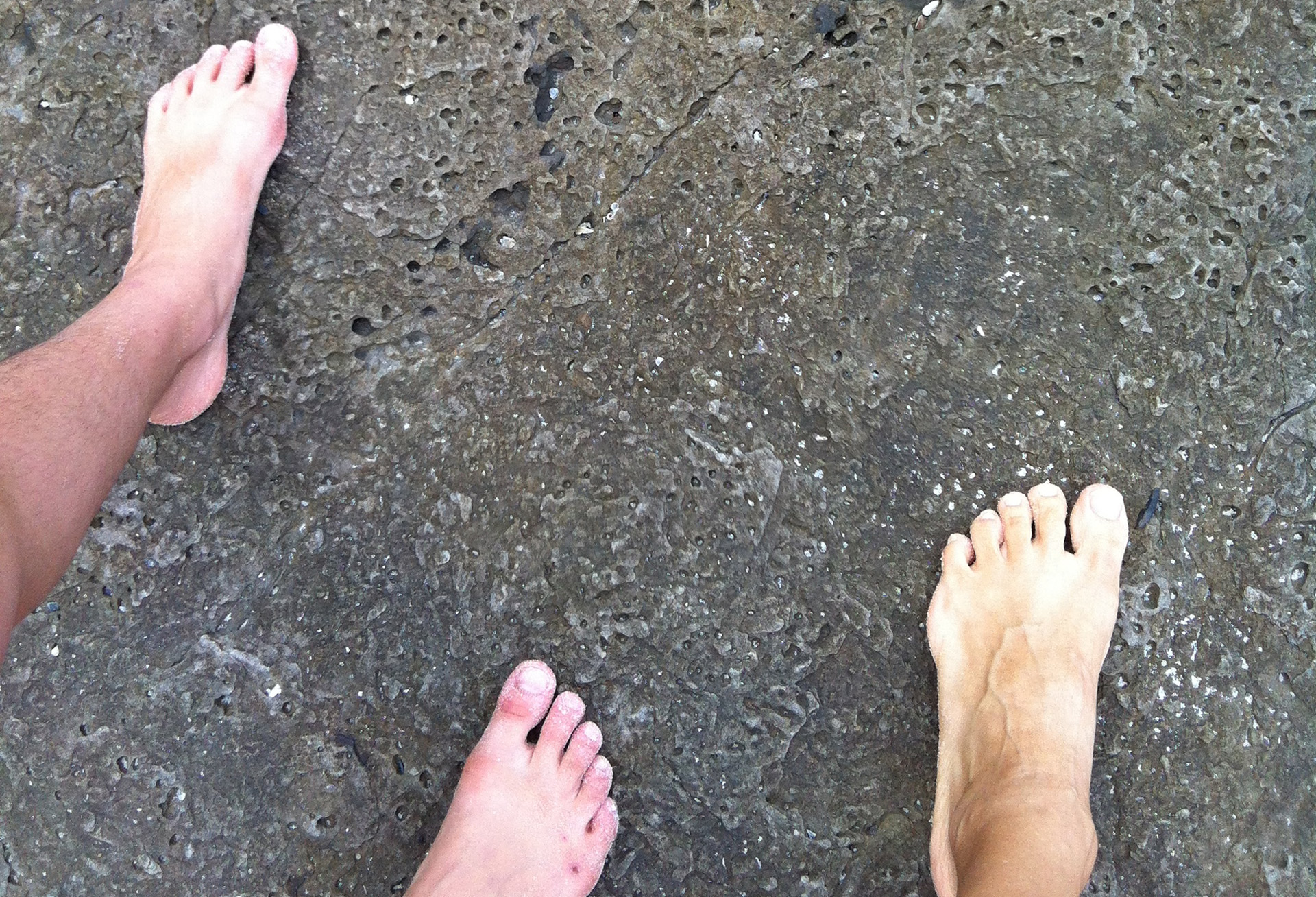I assist people in either individual, couple or family therapy to improve their health and well-being, offering psychotherapy and counselling for a variety of concerns and problems such as:

Individual, Couple & Family Therapy
- Depression
- Anxiety
- Anger management
- Relationship issues
- Trauma
- Bereavement
- Work related issues
- Drugs and Alcohol
- Behavioural addictions
- Stress management
- Life transitions
- Cross-cultural issues
- Relocation stress
- Parenting problems
- Stressful life events

COUPLES THERAPY | PARENTING PROGRAM
Couples Therapy
Most couples experience issues in their relationships and a lot of the time they are well able to sort their problems out on their own. When couples get stuck in relationship patterns that stem from mutual reactivity to one another it can help to see a therapist to be able to address what is happening between them. Research shows that it is not the issue itself (sex, money, parenting, parents-in law) that is the problem but it’s how couples relate to one another in response to the issue. Every couple grapples with differences, it is part and parcel of being human. The problem is not experiencing differences but how those differences are managed in the system of interaction between them.
When a couple gets caught in reactive cycles, patterns of conflict, avoidance of issues, emotional distance, affairs, symptoms in a partner or in a child can settle in.
In couples therapy, I explore each partner’s developmental history, what is unresolved in their respective family of origin and how that plays out between them. I investigate the factors contributing to stress in their broader system (work, children, family, culture). I take a history of their relationship to understand how they got to where they are now.
I encourage each partner to see their part in the relationship-dance to become aware of how each keeps the pattern going, as well as how each can steer themselves in the direction they want their relationship to go. As partners release stuck patterns in their relationship dynamics they find new energy for themselves and their lives.
I work with both heterosexual and same-sex couples.
Parenting Program – Parent Hope Project
Martina is accredited to use the Parent Hope Project manualised parent programs developed by Dr Jenny Brown.
Martina offers a 6 session, individualised coaching program for parents who have a child who is struggling with mental health and/or social/behavioural issues, in private practice. An optional introduction and review session can be included. The program is designed to provide parents with fresh awareness and guiding principles to optimise the way they support their child’s wellbeing. Parents are supported to manage their feelings and reactions towards their struggling child and to consider their role in encouraging their children’s potential for healthy development.
It aims to:
• Optimise the way you support your child’s wellbeing
• Shift focus to yourself rather than trying to change your child
• Promote more autonomy and responsibility in your child through how you manage yourself
• Help you get back on track as a loving and firm leader
• Establish a longer-term project of parent leadership. This is not a quick fix, but with changes to old patterns of interaction, the child is helped to improve the way they manage their own life challenges.
Hope building: From child project to parent project
It’s natural to want to fix and change a child who is struggling to manage life. Hence it may be a surprise to hear that this program is designed to focus on the parent rather than change the child. A repeated idea in this program is that when parents shift their energies away from trying to fix or change their child and invest in what is in their control as parents, new hopeful pathways open up. Changing another is outside of anyone’s control. Changing oneself however is always achievable. When a parent discovers ways to promote more autonomy and responsibility in their child through changing themselves, they can recover hope and confidence. Even gradual changes can make a huge difference to a child’s path towards adulthood. Moreover, a parent’s changes can have a ripple effect and be of benefit to the whole family.
INDIVIDUAL PSYCHOTHERAPY | FAMILY THERAPY| SUPERVISION

Individual Psychotherapy Sessions
This is a still place away from the busyness of everyday life where you can talk about your problems and grow yourself within the context of your relationships, life, and history.
Individual therapy is a process of slowing things down enough to be able to see patterns and behaviours that keep you stuck, in pain, or moving away from where you want to get to and how you want to be.
The patterns that keep you stuck (as well as those that don’t) were developed in relationship to your parents or primary caregivers. This is because the relationship with our parents is the first important relationship we have as humans. Working on your family of origin therefore, can make the biggest difference when you are trying to revolve your problems. Exploring your family history and your primary relationships will have a positive impact on every other relationship in your life.
Whether you are in crisis and struggling to adapt to stressful life events, or whether you are interested in enhancing the quality of your relationships, individual therapy offers an opportunity to grow yourself.
Supervision
I provide clinical supervision for mental health clinicians, mental health team leaders and teams. My area of expertise is Bowen Family Systems Theory, a theory of human behaviour which helps supervisees navigate where they may be getting stuck with their clients or teams. This way of ‘thinking systems’ can help tackle work-place and clinical issues as well as ethical dilemmas.
I offer a confidential, structured and collaborative space to facilitate reflective practice and systems thinking to enhance clinical practice and leadership. This way of engaging builds the supervisee’s capacity to reflect on their own clinical practice, increase self-awareness and become more autonomous.
I can supervise mental health clinicians working with families, couples, and individuals (including adolescents) as well as mental health teams or leaders who would like to develop further knowledge and skills in a family systems framework.
Family Therapy

